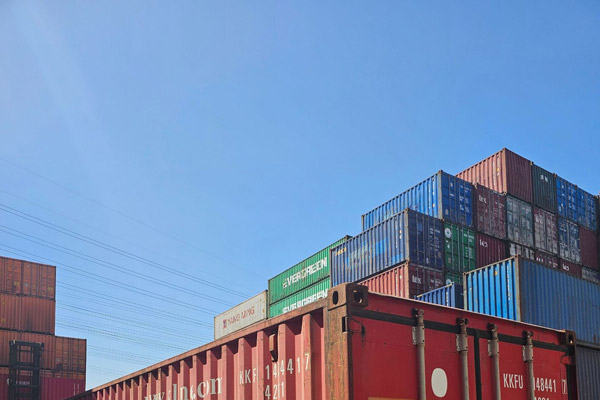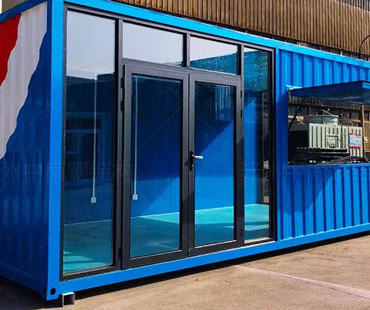Container transportation has revolutionized the logistics and shipping industries, becoming a cornerstone of global trade. As businesses increasingly rely on container shipping to move goods across vast distances, it is essential to understand the numerous advantages this method offers. Among these, efficiency, safety, and environmental sustainability stand out as key benefits that contribute to the growing popularity of containerized transport.
One of the most significant advantages of container transportation is its unparalleled efficiency. Containers are designed to maximize space utilization, allowing for the simultaneous transport of multiple goods. Standardized container sizes—such as the 20-foot and 40-foot containers—enable easy stacking and loading, which reduces the time spent in loading and unloading operations. This standardization streamlines the entire shipping process, facilitating quick transfers between ships, trucks, and trains.
Moreover, the use of containers minimizes the risk of damage during transit. Goods are securely packed within containers, reducing the likelihood of loss or spoilage. This reliability translates to fewer delays and disruptions in the supply chain, ultimately leading to faster delivery times. As a result, businesses can respond more swiftly to market demands, enhancing their competitive edge.

Safety is another critical advantage of container transportation. The design of shipping containers ensures that cargo is protected from the elements, such as rain, wind, and temperature fluctuations. This protection is especially vital for perishable goods and sensitive items, which might otherwise be adversely affected during transit.
Additionally, containerized shipping reduces the risk of theft and damage. Containers can be sealed and locked, providing an added layer of security that deters tampering and unauthorized access. This aspect of safety is not only beneficial for the cargo itself but also for the stakeholders involved in the supply chain, as it helps maintain trust and accountability.
The efficiency of container handling also plays a role in enhancing safety. Automated cranes and advanced logistics systems used at ports and terminals minimize human error during loading and unloading. This reduction in manual labor not only speeds up operations but also decreases the potential for accidents, ensuring a safer working environment for dockworkers and personnel.
In an era where environmental concerns are at the forefront of global discourse, container transportation offers a more sustainable option compared to traditional shipping methods. The ability to move large volumes of goods efficiently means that container ships can operate at optimal capacity, reducing the carbon footprint per unit of cargo transported. This efficiency is further enhanced by the use of larger vessels, which can carry more containers and thus decrease the overall emissions associated with shipping.
Moreover, container transportation supports multimodal logistics—integrating sea, rail, and road transport. This integration allows for the optimization of routes and modes of transport, significantly reducing energy consumption. For instance, containers can be transported via rail over long distances, which is generally more eco-friendly than trucking. This approach not only cuts down on greenhouse gas emissions but also alleviates road congestion, contributing to cleaner urban environments.
The industry is also witnessing innovations aimed at further enhancing sustainability, such as the development of eco-friendly shipping fuels, improved hull designs for reduced drag, and better waste management practices at ports. As the logistics sector continues to embrace these advancements, the environmental impact of container transportation is poised to decrease even further.
In summary, container transportation presents numerous advantages that make it a preferred choice in the logistics and shipping industries. Its efficiency facilitates faster, more reliable delivery of goods, while its inherent safety features protect cargo and reduce risks associated with transit. Furthermore, the focus on environmental sustainability reflects a commitment to reducing the carbon footprint of global trade.
As the world continues to evolve, embracing container transportation will be crucial in addressing the challenges of modern logistics while fostering a safer and more sustainable future for global trade. Businesses that invest in containerized shipping will not only enhance their operational efficiency but also contribute positively to the environment, aligning with the growing demand for responsible and sustainable practices in the marketplace.


